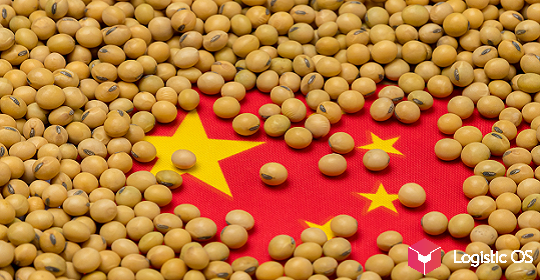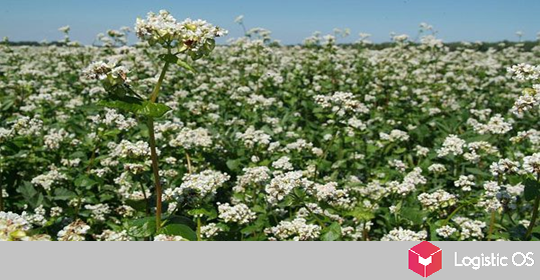How does the Chinese technology of growing vegetables in the desert.
Today, the eyes of the entire planet are riveted to Qatar, a country with a very colorful history. A country that occupies a special position among all the independent states of the world.
History of Qatar
During its long historical path, the country has repeatedly been under the influence of invader states.
It was owned by the Phoenicians, then the Iranians, for several centuries the state was part of the empire of Alexander the Great, and then the Arab Caliphate.
For a long time the country was ruled by the emirs of Bahrain, and then by the Portuguese.
From 1916 to 1971, Qatar was a British protectorate. He regulated foreign relations, exercised military control, and, of course, mined sponge, pearls, and later oil.
But, by the end of the twentieth century, having overcome various difficulties, the country became an independent state.
In a very short period of time, Qatar has achieved unprecedented economic growth and the well-being of the population, becoming the richest country in the world.
World Cup in the Desert
In 2010, Qatar received the right to host the 2022 FIFA World Cup: one must take into account the fact that at the time of application there was only one stadium in the country that did not meet the requirements of the tournament organizers.
In 12 years, the country has built seven stadiums, one has been overhauled, three metro lines have been laid, an international airport has been built, fashion houses and two huge modern museums have been opened, and guests are greeted by Michelin chefs restaurants.
A largely desert country with limited fresh water resources, treats tournament participants and fans with locally produced fresh vegetables.
The Institute of Urban Agriculture (IUA) of the Chinese Academy of Agricultural Sciences (CAAS) offered advanced cultivation practices to Qatar:
first, installed shading to reduce energy consumption
Second, supplied environmental control technology with LED lighting, which formulas were developed for different types of vegetables, since different plants need different types of light to grow
Thirdly, improved the vegetable growing model by combining hydroponics and Leitu technology (replacing soil with ecological material that consists of straw, cotton stalks and other agricultural and forestry waste).
As a result, in three years, vegetable production in Qatar has increased from two varieties to more than 30 (including 6 types of lettuce, 4 types of kale, 5 types of peppers, cabbage, spinach and celery).
What is the phenomenon of Qatar?
One of the richest countries in the world spent $220 billion on preparations for the World Cup (previously Russia had the palm — over $14 billion).
But Qatar is famous not only for competent investment in the economies of various countries and the development of tourism to reduce dependence on oil and gas revenues, but for huge investments in the social sphere.
Holders of a Qatari passport are wealthy people who enjoy all social privileges.
The country spends huge sums to improve the life of the indigenous population.
It is hardly possible to cite at least one country with a large supply of natural resources that has provided at least an approximate level of well-being for the local population.
Every year, the government pays the citizens of Qatar $30,000 for each family member.
Since 2010, there are no taxes in the country, with the exception of 10% tax on the total income of a working company per year.
It is impossible to open a business in Qatar if the co-founders are not representatives of the local Arab population, who occupy mainly managerial positions in companies.
For the indigenous people of Qatar (and there are just over 300 thousand of them), medical care in public clinics is free.
If treatment, medicines, operations are carried out abroad, they are also paid by the state.
Secondary and higher education for Qataris is free, even if they study abroad.
Holders of a Qatari passport do not pay for gas, electricity and water.
The country is considered one of the safest in the world, including low street crime.
A small country that no one heard of half a century ago has achieved great results and claims to be more.

